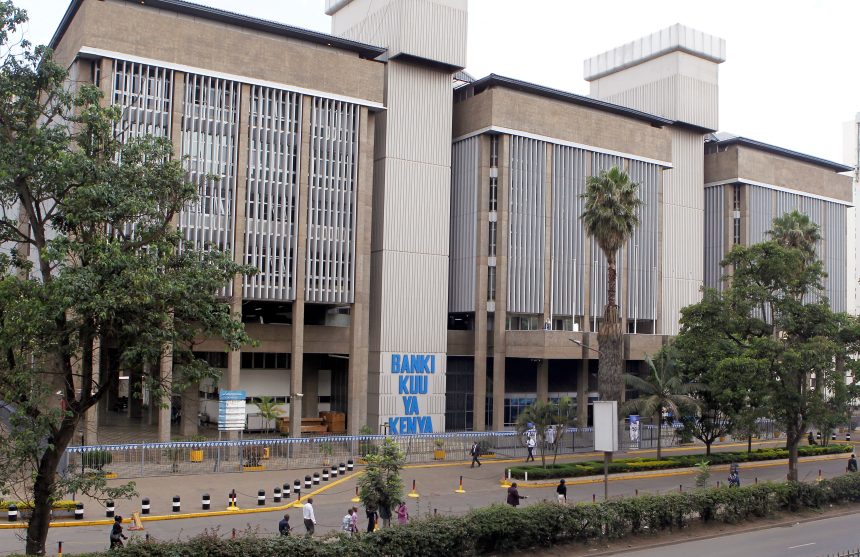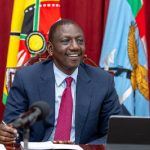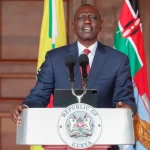Kenya’s central bank announced a big increase in interest rates on Tuesday aimed at stabilizing the shilling currency, whose depreciation has spurred economic distress.
The monetary policy committee increased the rate by 200 basis points to 12.5%, its first hike since June when it raised it by 1 percentage point, and the largest increase since 2011.
- The monetary policy committee increased the rate by 200 basis points to 12.5%.
- The shilling has weakened by almost 20% against the dollar so far this year, making it one of the worst-performing currencies in Africa.
- Kenya is being watched closely to see how it handles the settlement of a $2 Billion Eurobond that is maturing in June next year.
What the MPC said:
“There is need to adjust the monetary policy stance to address the pressures on the exchange rate and mitigate second round effects,”

“This will ensure that inflationary expectations remain anchored, while setting inflation on a firm downward path towards the 5.0 percent mid-point of the target range.”
“The MPC … stands ready to further tighten monetary policy as necessary to ensure price and exchange rate stability are achieved,” the central bank said, adding its MPC would meet again in February 2024.

In November, inflation experienced a slight decrease to 6.8% year-on-year, down from 6.9% in October. The central bank noted on Tuesday that the depreciation of the exchange rate had contributed 3.0 percentage points to the November reading.
The shilling has weakened by almost 20% against the dollar so far this year, making it one of the worst-performing currencies in Africa as investors balked at the potential repayment of a $2 Billion Eurobond in June.
The weakness has been despite additional financial support from the International Monetary Fund, which last month granted staff-level approval for an additional $938 Million to bolster the East African nation’s reserves.
Razia Khan, chief Africa and Middle East economist at Standard Chartered Bank, said there had been pressure from the International Monetary Fund and World Bank to tighten policy meaningfully.
“Market interest rates were already well in excess of the policy rate, so it’s questionable whether this has a near-term impact,” she said.
Kenya is being watched closely to see how it handles the settlement of a $2 Billion Eurobond that is maturing in June next year.
Central bank governor Kamau Thugge told reporters that authorities were expecting $300 Million from regional bank Trade and Development Bank in the first two weeks of December and that would be used to buy back part of the Eurobond.
Thugge said Kenya expected a further $1.25-$1.5 billion in budget support from the World Bank early next year.








